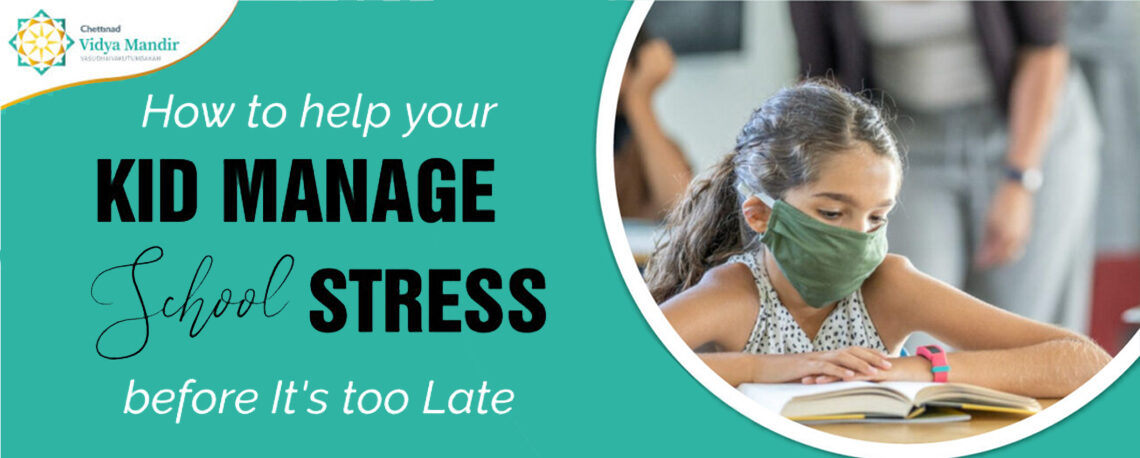Stress can push a child to practice her skills or inspire them to study when they wish to go out with friends in the short town. But in the long run, chronic stress hits differently.
Long-term stress, if left unchecked, can lead to several physical and mental health issues. Prolonged stress leads to high blood pressure weakened immune system, leading to diseases like heart disease and obesity. It can also lead to mental health issues like depression and anxiety, which are pretty standard in youth. Stress in kids doesn’t look like stress in adults, but children can find healthy ways to cope like adults.
Source of stress in kids
Tension at home is one of the most common sources of stress for young children. Children are likely to be troubled by family discord or divorce, for instance, significant life changes like a new stepparent or new home can also be challenging for a child. That’s true even when the changes are happy, including the arrival of a new sibling, children take time to adjust. School is another source of stress for kids as young kids might be stressed about making new friends dealing with bullies, or getting along with the tutors. They might also be stressed about the grades and tests.
Understand the signs of stress
Anger and irritability
Kids don’t have the words always to describe how they are feeling, and sometimes the lousy mood results from tension bubbles. Stressed-out kids are likely to be short-tempered or be argumentative than typical kids.
Changes in behaviours
A young kid who must be a great listener is acting out suddenly. Or once an active child doesn’t want to leave the house. The sudden changes are likely to sign that stress levels are pretty extreme. So whenever you see such signs in your child, you should show some concern.
Trouble sleeping
A stressed child often complains of feeling tired all the time. They might even sleep more than usual or have trouble falling asleep at night.
Eating changes
If you see your child eating too much or too little, then you can check if they are stressed or not because eating changes are a sign of stress.
Falling sick often
Stress shows up as a physical sentence often, and kids who feel stress are likely to go through a lot of stomach aches and headaches and might make frequent trips to the school’s doctor’s office.
How can parents help stressed children?
Parents and other caregivers play a crucial role by adopting healthy habits and helping kids find stress management strategies.
Ways parents can take action are as follows
Parents can talk with their kids about how they have thought about dealing with the stressful solutions. For example, kids spend a lot of time online today so you can promote media literacy where they can run into questionable content cyberbullying. Parents can also help children learn to be savvy digital consumers and understand the importance of limited screen time.
Keep away the negative thinking
Often children talk a lot of negative things when going through stress like I’m terrible at math or I hate my body? Children can easily fall into the trap of negative thinking, and when children use negative self-talk, they go through a lot of stress. So you need to help them frame things positively to develop resilience to stress.
Listen to your child carefully
If you feel that your child is stressed, then you need to open your ears be attentive to the specific grievances they are going through. You need to figure out the root problem if your child is complaining about not wanting to go out or go to school etc. You might be wondering, is it a teacher issue? Are they over-scheduled or a bully? You can address these problems by connecting with the school staff or talking to your child and understanding.
Ensure your kids exercise on time
Exercise is one of the best ways to help your child be stress-free. Children can participate in organized sports or just spend some time outside playing with their friends. Regular exercise can help children feel less stressed, and if children experience stress regularly, they should ensure that they play a few hours a day to reduce the stress. Children can also relieve stress by using muscle relaxation exercises. If you child is dealing with any kind of stress you should not ignore it.

